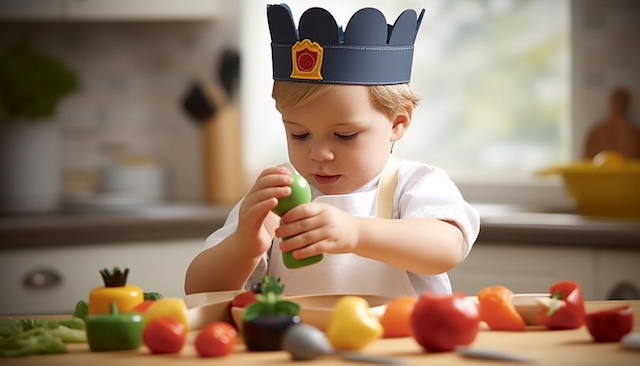Nutrition For Your Baby
Proper nutrition in the first 2 years of life is vital for future growth and development.For the first 4-6 months of life, the only nutrition that a child needs is breastmilk or formula.

Breastfeeding
Breastfeeding involves nursing every 1.5-2 hours on average while the mother’s supply is coming in. The repeated latches send a signal to the mother’s brain to make more milk. This will lay the foundation for the mother’s future breastmilk supply.
Formula
What happens if nursing is not possible? Then you can bottle feed pumped breast milk or supplement with formula. The important thing to realize with bottle feeding is that it should take the same amount of time as nursing (at least 15-20 minutes). This is done by paced bottle feeding, method of bottle feeding that allows the infant to be more in control of the feeding pace.
Starting Solids
Between 4-6 months, your baby will start sitting in a tripod position/sitting up with support, transferring objects from one hand to another, putting things in the mouth, and even trying to grab your food! Now your baby is ready to try solid foods. Before starting solids, there are a few rules to follow:
- Do not give honey until your child turns 1 year of age.
- No popcorn until 4 years of age.
- Know how to perform the Heimlich maneuver.
- Do not leave your baby unattended with food.
- Smash or cut circular pieces of food to avoid choking hazards.
- Speaking of choking hazards, being CPR trained is a great idea!
- Do not give your baby rice cereal, just real foods.
- Baby-led weaning should be just that, BABY-LED. Some babies can gum soft pieces while others gag on anything thicker than pureed. Make sure your baby has the ability to gum or chew foods.
- Put only a few pieces of food on your baby’s tray because they often have a tendency to “squirrel” food in their cheeks. You want your baby to learn to take one piece and swallow before picking up another piece of food.

